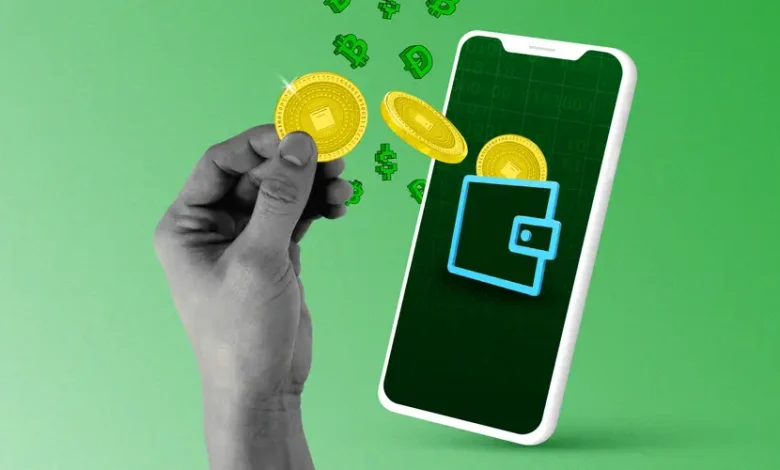Different types of Crypto wallets their pros and cons

There are many different wallets you can use to keep your bitcoin safe. What kind of cryptocurrency you have and what you want it to do will determine what kind of wallet you need. The best thing to do is to use different wallets for different kinds of investments. They also offer different levels of safety in each place.
The two most common ways to store bitcoins are in “hot wallets” and “cold wallets.” Because they are linked to the internet, hot wallets are less safe than cold wallets. But they are easier to use for everyday business. Since cold wallets are stored offline, they can’t be hacked by bad software or computer viruses. They are safer than hot wallets because of this. You shouldn’t spend cryptocurrency on them. You should instead use them to store it. For the best Crypto trading platform check https://bitql.app
No matter which option you choose, remember that you can connect your portfolio to Crypto Pro’s app and check on it from anywhere in the world.
1. Online/Web Wallets – Hot Wallet
On a Macbook, a window to sign in to a web-based bitcoin wallet. Some websites call them “web wallets,” while others call them “online wallets.” If you’ve ever saved your credit card information in your web browser, you already know what an online wallet is. All cryptocurrency wallets on the web work the same way: they run in your browser.
The main reason to use an online wallet is that it’s easy to use. If you store your cryptocurrencies in an online wallet, you can always get to them as long as you are connected to the cloud. When you use an online wallet, the company that runs it will immediately store your private cryptographic key on their server.
Pros: The app is easy to use and can help you get work done when you’re out and about.
Cons: This is the most dangerous way to store Bitcoin, and you could get a virus from it.
2. Mobile wallets are also called “hot wallets.”
To get to a mobile wallet, you can use an app on your phone. They work the same way as other mobile payment systems, like Apple Pay, and let you buy goods and services at stores that accept cryptocurrencies as a form of payment. Because of this, they are a good choice for people who want to spend their cryptocurrency instead of saving it for the future. Most mobile wallets add an extra layer of security in the form of QR codes, but some online wallets also have a mobile option.
There are some problems with mobile wallets. First of all, if you lose your phone and it has a digital wallet on it, anyone can hack into any of those wallets. Also, like any other programme that connects to the internet, they could be infected with malicious software or mobile viruses.
Pros: On the road, doing business is easy and quick.
Cons: You could get malware and viruses, and if you lose your phone, you could lose important information.
3. Desktop Wallet — Hot or Cold Wallet
Whether or not a desktop wallet is hot or cold depends on whether or not the desktop is connected to the internet or has ever been connected to the internet. A “cold wallet” is a desktop wallet that isn’t connected to the internet and is used away from the internet.
Desktop wallets are software packages that wallet companies make and let you download straight to your desktop. You can store your digital money in desktop wallets. One reason they are so useful is that you can get to them from your computer by using the wallet app instead of a browser. Malware and viruses can’t hurt transactions because they can happen offline
Pros: It’s easier and safer to trade on your computer than to use an online wallet or a mobile wallet.
Cons: It’s harder to trade and use on the go, and if you don’t want to lose information, you have to back up your computer often.
4. Cold wallets, which are also called paper wallets
Paper wallets are a type of cold wallet, but how safe they are is a matter of opinion. Even though on average, cold wallets are safer than hot wallets, paper wallets have more holes that could be used to break into them. After you print out your private and public keys, you can send money in a few different ways. To start, you can send money to the public address in your wallet. You can also send your bitcoin by scanning the QR code on the paper wallet or typing in your private key. Both of these options will work.
Turn off your internet connection while your keys are being made, and when they are done, clear your browsing history before turning on your internet connection again. This will keep people from taking the keys you make. Before you make keys, make sure your computer has been scanned for malware.
Pros: You have complete control over your keys, and no one else can use them.
Cons: It could be hard to print, and you might not be able to get your money back if you lose it.














